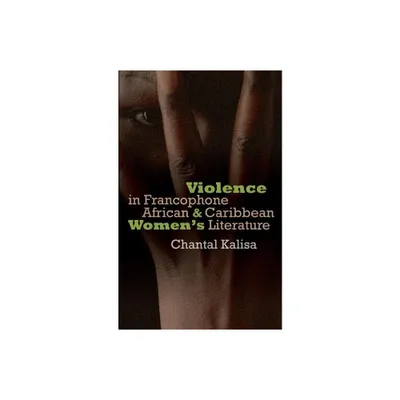Home
Writing After Postcolonialism: Francophone North African Literature Transition
Loading Inventory...
Barnes and Noble
Writing After Postcolonialism: Francophone North African Literature Transition
Current price: $160.00


Barnes and Noble
Writing After Postcolonialism: Francophone North African Literature Transition
Current price: $160.00
Loading Inventory...
Size: Hardcover
*Product Information may vary - to confirm product availability, pricing, and additional information please contact Barnes and Noble
'Focusing on francophone writing from North Africa as it has developed since the 1980s,
Writing After Postcolonialism
explores the extent to which the notion of 'postcolonialism' is still resonant for literary writers a generation or more after independence, and examines the troubled status of literature in society and politics during this period. Whilst analysing the ways in which writers from Algeria, Morocco and Tunisia have reacted to political unrest and social dissatisfaction, Jane Hiddleston offers a compelling reflection on literature's ability to interrogate the postcolonial nation as well as on its own uncertain role in the current context. The book sets out both to situate the recent generation of francophone writers in North Africa in relation to contemporary politics, to postcolonial theory, and evolving notions of 'world literature, and to probe the ways in which a new and highly sophisticated set of writers reflect on the very notion of 'the literary' during this period of transition.'
Writing After Postcolonialism
explores the extent to which the notion of 'postcolonialism' is still resonant for literary writers a generation or more after independence, and examines the troubled status of literature in society and politics during this period. Whilst analysing the ways in which writers from Algeria, Morocco and Tunisia have reacted to political unrest and social dissatisfaction, Jane Hiddleston offers a compelling reflection on literature's ability to interrogate the postcolonial nation as well as on its own uncertain role in the current context. The book sets out both to situate the recent generation of francophone writers in North Africa in relation to contemporary politics, to postcolonial theory, and evolving notions of 'world literature, and to probe the ways in which a new and highly sophisticated set of writers reflect on the very notion of 'the literary' during this period of transition.'


















